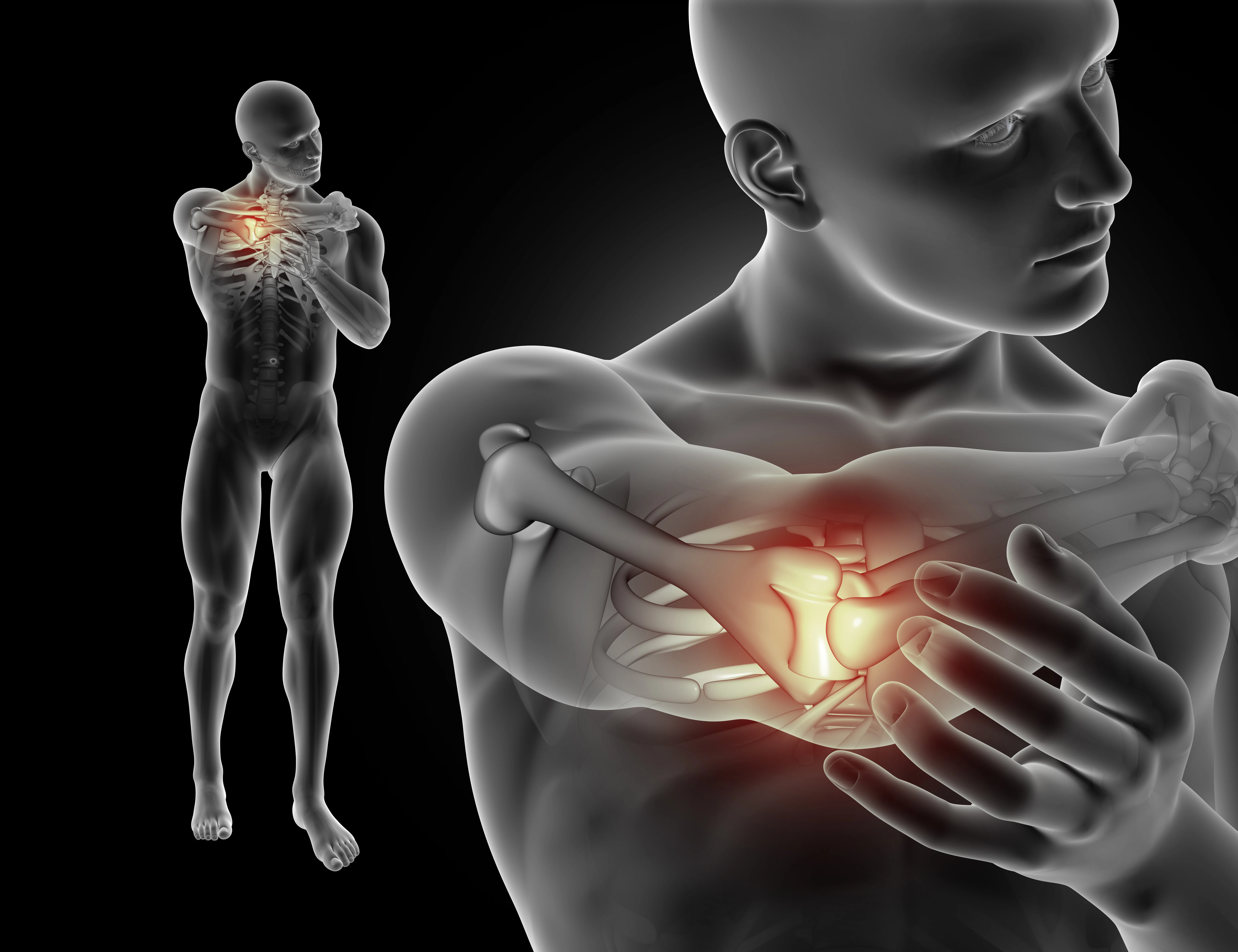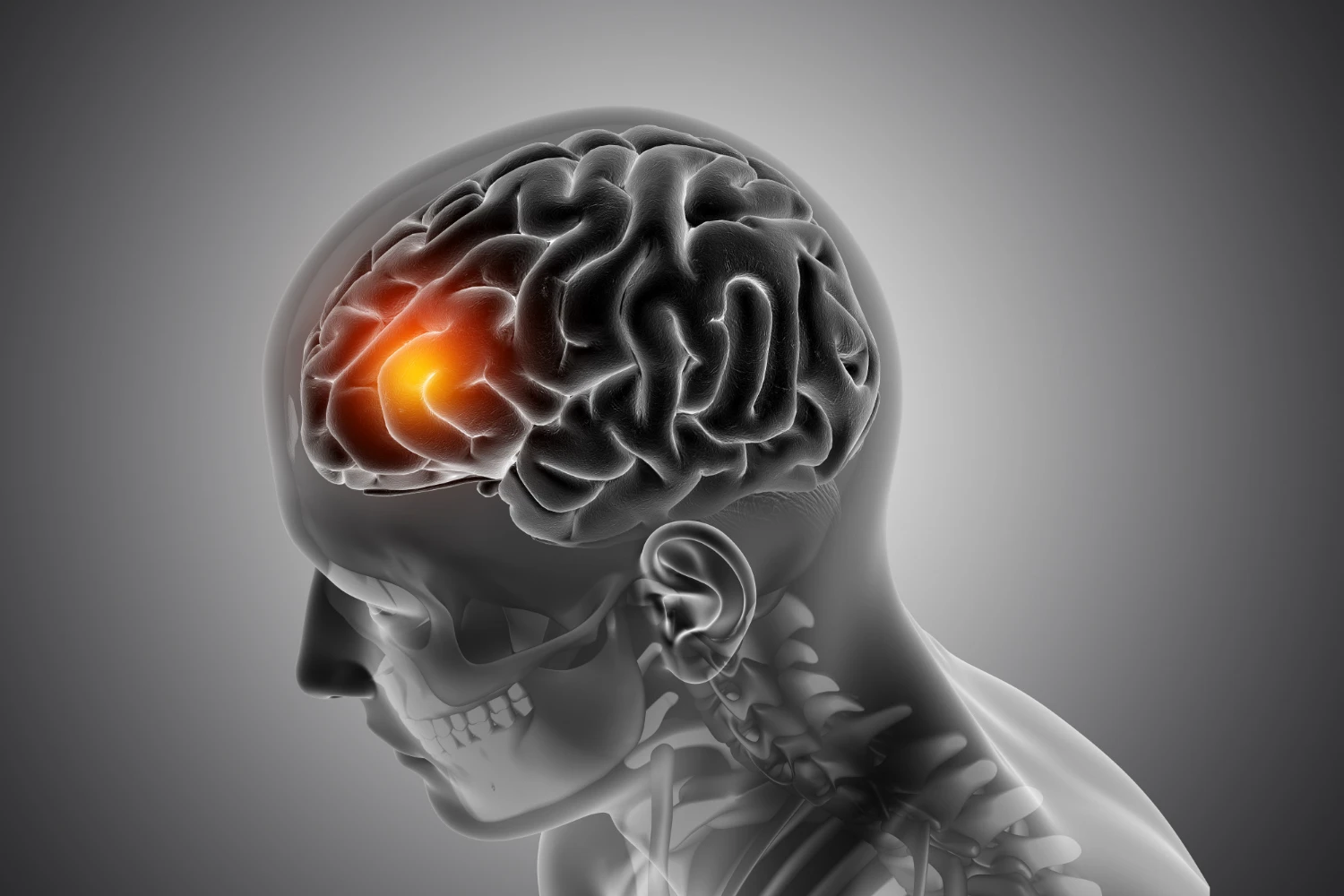Guillain-Barré Syndrome: A Comprehensive Overview And Guidance For Care
Category: Neurology
Guillain-Barré Syndrome (GBS) is a rare but serious neurological disorder that affects the peripheral nervous system. Characterized by rapid onset muscle weakness and, in severe cases, paralysis, GBS demands prompt medical attention. While the exact cause remains unknown, it is believed to be triggered by an infection or other factors that prompt the immune system to attack the nerves.
In this detailed blog, we’ll explore the essential facts about Guillain-Barré Syndrome, its symptoms, how it’s diagnosed, and the important aspects of treatment and nutrition to help manage the condition. We will also answer frequently asked questions (FAQs) to provide a comprehensive understanding.
What is Guillain-Barré Syndrome?
Guillain-Barré Syndrome is an autoimmune disorder where the body's immune system mistakenly attacks the peripheral nervous system, which consists of nerves outside the brain and spinal cord. Most commonly, it begins after a viral or bacterial infection, such as a respiratory or gastrointestinal infection. The syndrome can progress rapidly and may cause weakness, paralysis, and, in some cases, life-threatening complications like respiratory failure.
Symptoms of Guillain-Barré Syndrome
The symptoms usually develop a few days or weeks after an infection. Early signs include:
- Weakness: This often starts in the feet and legs and gradually moves upwards to the arms and upper body.
- Tingling or Numbness: Most commonly felt in the toes, feet, or fingers.
- Difficulty Walking: Due to weakness and numbness in the lower body.
- Loss of Reflexes: Reflexes, like knee jerks, may become diminished or absent.
- Breathing Problems: In severe cases, the respiratory muscles can be affected, making it difficult to breathe.
- Pain: Some people experience significant pain, which may worsen at night.
While GBS is a potentially life-threatening condition, many individuals recover, especially if treated early.
Diagnosis and Treatment of Guillain-Barré Syndrome
A diagnosis of Guillain-Barré Syndrome usually begins with a physical exam and history of symptoms. Physicians may also use the following diagnostic tools:
- Spinal Fluid Analysis: To test for higher-than-normal protein levels, which is a common sign of GBS.
- Electromyography (EMG): To assess the electrical activity in muscles and nerves.
- Nerve Conduction Studies: To measure how quickly electrical signals travel through the nerves.
Treatment for Guillain-Barré Syndrome
The treatment for GBS primarily focuses on managing symptoms and preventing complications. Hospitalization is usually necessary for monitoring and supportive care. Some common treatments include:
- Plasmapheresis (Plasma Exchange): A procedure to remove harmful antibodies from the blood that may be attacking the nervous system.
- Immunoglobulin Therapy (IVIg): High doses of immunoglobulin are given intravenously to help modulate the immune system.
- Physical Therapy: To regain strength and motor function during recovery.
Diet and Nutrition for Guillain-Barré Syndrome
A proper diet is essential for the recovery of individuals with Guillain-Barré Syndrome. Given that GBS can cause difficulty swallowing and muscle weakness, the dietary plan should focus on maintaining adequate nutrition while minimizing difficulties. Below are some important dietary tips for individuals with GBS.
What to Eat:
- Protein-Rich Foods: Protein helps rebuild damaged nerve cells and muscle tissue. Good sources include lean meats, poultry, fish, tofu, eggs, and legumes.
- Whole Grains: Foods like brown rice, oats, quinoa, and whole wheat bread are important sources of fiber and help with digestive health.
- Healthy Fats: Avocados, olive oil, and nuts provide essential fatty acids, which play a crucial role in nerve health.
- Fruits and Vegetables: A colorful array of fruits and vegetables ensures a supply of vitamins and antioxidants that can support immune health and recovery. Vitamin C and E are especially important for nerve health.
- Hydration: Staying hydrated is crucial. Fresh fruit juices (without added sugar), coconut water, and plain water are ideal choices.
What to Drink:
- Water: Staying hydrated is a key aspect of recovery, as dehydration can worsen symptoms.
- Herbal Teas: Teas such as ginger, peppermint, or chamomile can provide soothing benefits.
- Nutrient-Rich Smoothies: Smoothies made with fruits, vegetables, and protein-rich ingredients (like Greek yogurt or protein powder) can be easy to consume, especially for individuals with difficulty swallowing.
- Electrolyte Drinks: These help replenish lost salts and minerals if there is a risk of dehydration or if the patient is experiencing significant weakness.
Foods to Avoid:
- Processed and Sugary Foods: These can cause inflammation in the body and hinder the immune response.
- High-Sodium Foods: They can contribute to fluid retention and interfere with the balance of electrolytes, particularly important for those with muscle weakness.
- Caffeine and Alcohol: Excessive consumption can lead to dehydration and interfere with rest.
Coping with Guillain-Barré Syndrome: Mental and Emotional Health
Dealing with Guillain-Barré Syndrome requires not only physical recovery but also emotional and mental support. The uncertainty of recovery can cause anxiety, and individuals may experience depression due to the limitations imposed by the condition.
Engage in stress-reduction activities like meditation, gentle exercise (if possible), or speak with a therapist to cope with the emotional strain. Support from family members and caregivers can significantly improve the recovery process.
Conclusion
Guillain-Barré Syndrome is a challenging condition that demands prompt medical intervention, care, and emotional support. With proper treatment, most individuals make a full recovery, though it can take time and effort. Nutrition plays a crucial role in aiding recovery, and a balanced diet that promotes nerve and muscle health will enhance the healing process.
If you or someone you know is experiencing symptoms of GBS, seek immediate medical attention. With early intervention, the chances of a successful recovery increase significantly.
FAQs
1. Can Guillain-Barré Syndrome be prevented?
Currently, there is no definitive way to prevent Guillain-Barré Syndrome, though avoiding infections, especially respiratory and gastrointestinal infections, may reduce the risk.
2. How long does it take to recover from Guillain-Barré Syndrome?
Recovery time varies. Some individuals may recover within a few months, while others may take up to 2 years or more. Early diagnosis and treatment can lead to a better recovery outcome.
3. Is Guillain-Barré Syndrome fatal?
While Guillain-Barré Syndrome can be fatal, especially if respiratory muscles are affected, most individuals recover with proper treatment. The death rate is relatively low when GBS is diagnosed and managed early.
4. Can Guillain-Barré Syndrome recur?
Recurrence is rare but possible. Once someone has recovered, the likelihood of GBS returning is less than 5%.
5. Is Guillain-Barré Syndrome hereditary?
No, GBS is not typically hereditary. It is usually triggered by an infection or illness.
6. Can GBS affect children?
While Guillain-Barré Syndrome is more common in adults, children can develop it too. The symptoms and treatment approach are similar to adults, though children generally recover faster.





